The dynamics of household food insecurity and their gendered outcomes amongst Enset growers in Southern Ethiopia

Authors:
Despite the vast research on household food insecurity, there is a paucity of evidence-based knowledge concerning the gendered dimensions of household food insecurity determinants in Ethiopia. This study examines the food insecurity status of gender-differentiated household-headship and it’s determinants among Enset growers in Cheha Woreda, Gurage Zone, of Southern Ethiopia. A cross-sectional convergent mixed-method research design was employed to attain the study objectives. A multistage stratified sampling method and purposive sampling methods were used to select study participants. Data were collected using a structured survey questionnaire, Focus Group Discussion (FGD), and key informant interviews. The quantitative data were analysed using descriptive and inferential statistics. While narrative analysis was employed to analyse the qualitative data. The quantitative data was analysed using Stata version 14. According to the findings, food insecurity affected 75.1 percent of male-headed households (MHH) and 83.3 percent of female-headed households (FHH). The intensity of food insecurity differs significantly between MHH and FHH. Results from the ordinal logit model show that age, educational status, livestock holding, frequency of agricultural extension agent contact, wealth status, and pest and disease occurrence are factors significantly associated with MHH’s food insecurity status. Age, marital status, livestock holding, wealth status, and access to formal financial service have significantly predicted the food security of FHH’s. Food insecurity is a concern for both MHH and FHH in the study area. Furthermore, the study findings revealed that multiple identities of both MHH and FHH are affecting the food insecurity status of a household. Thus, it’s recommended that the different realities and identities of MHH and FHH should be considered in designing different food security related interventions in the study area.
